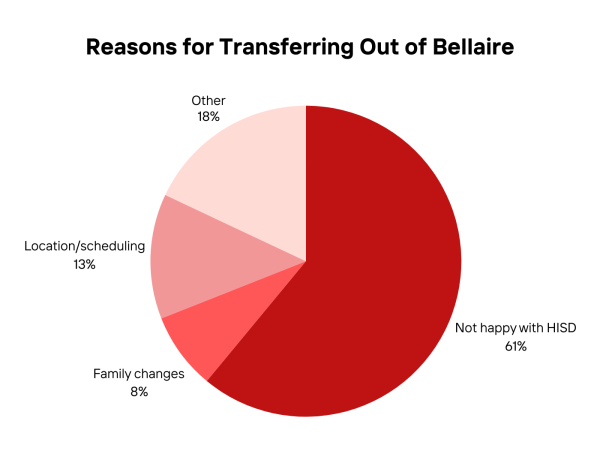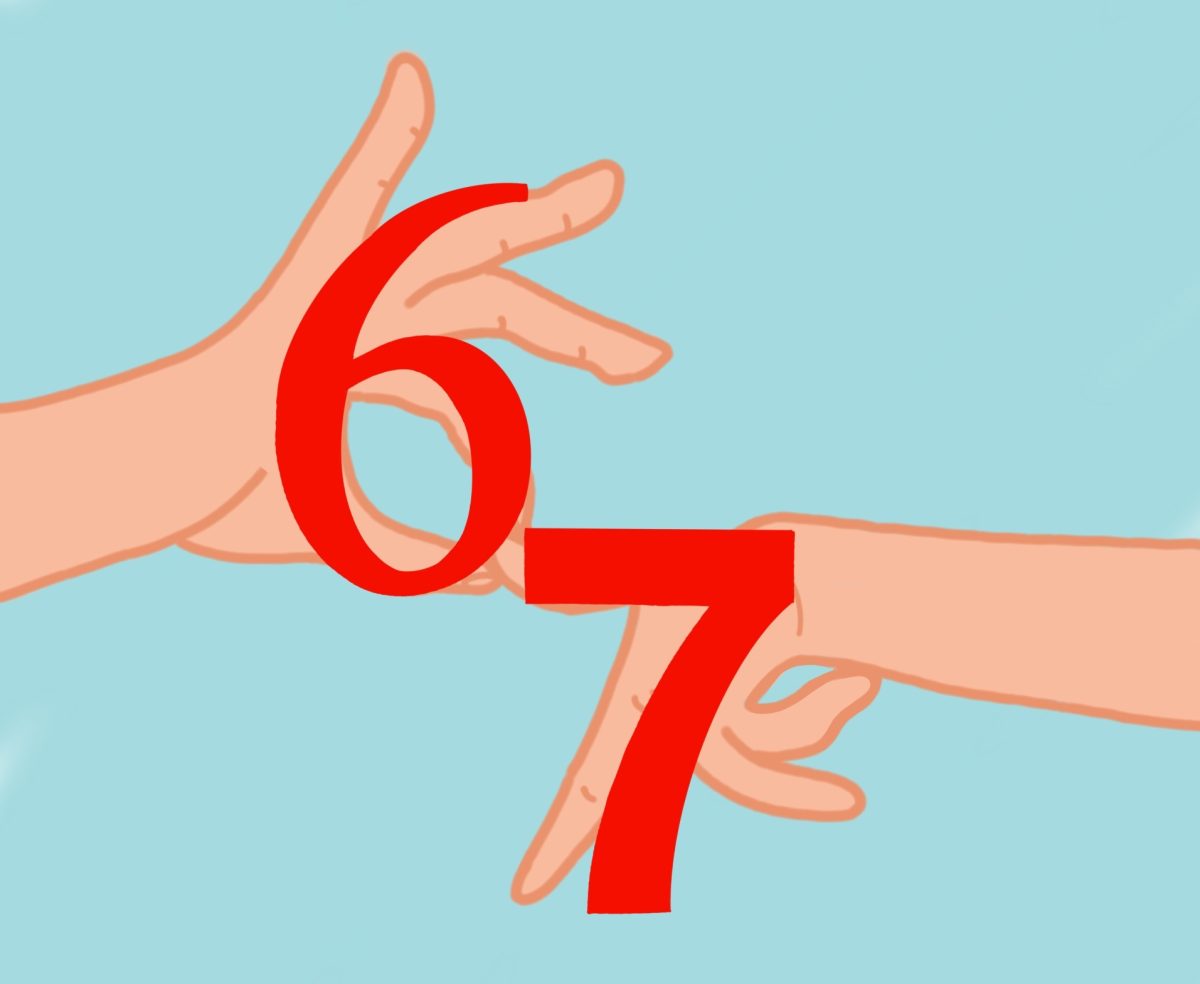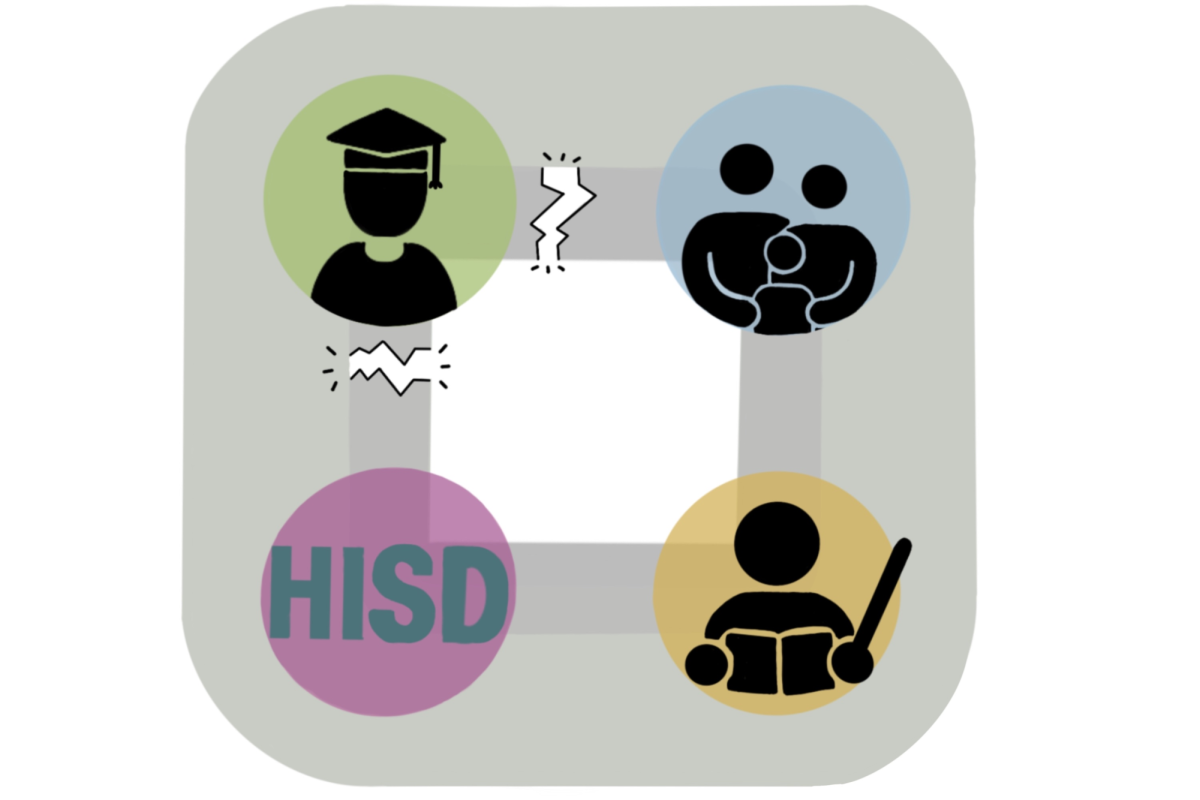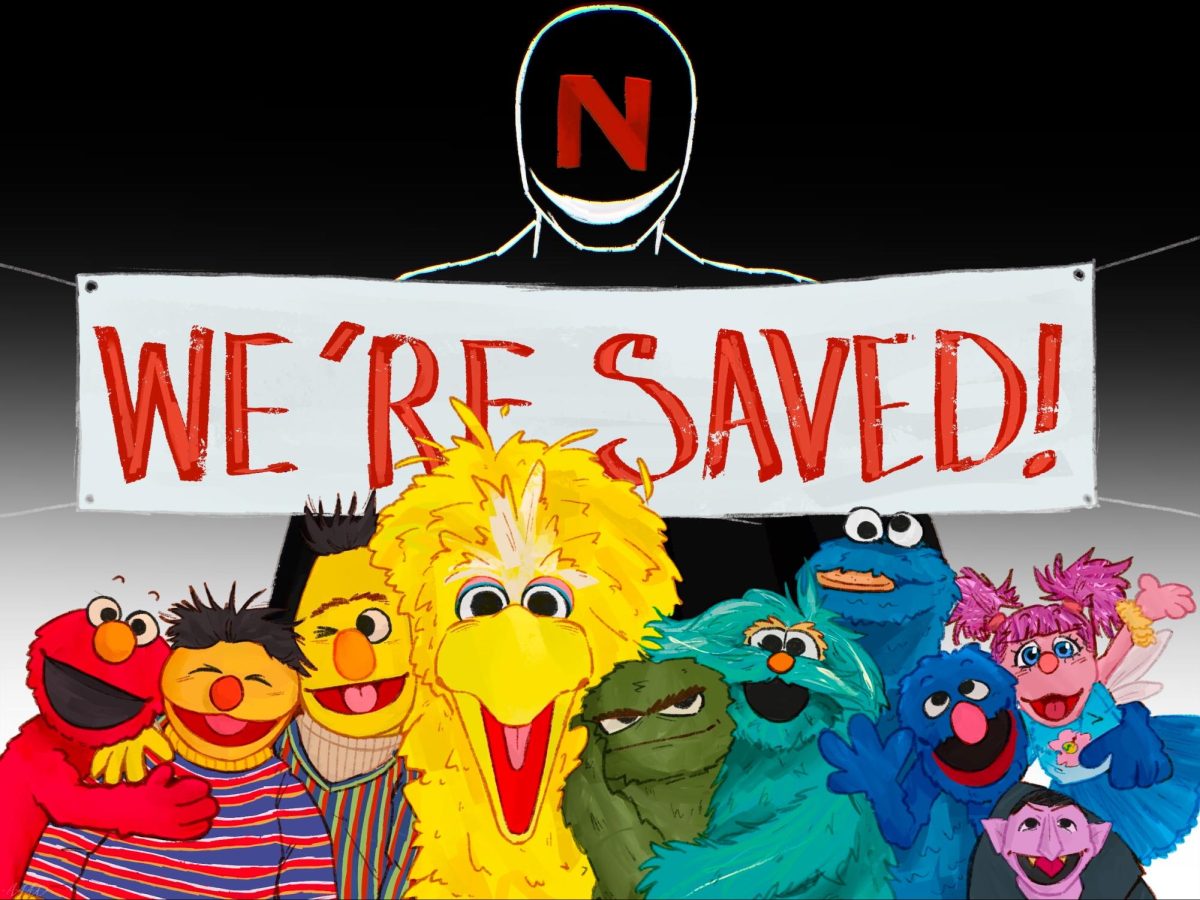The 2025 Texas legislative session put school vouchers on the table yet again, with Senate Bill 2 being passed on Feb. 5. In writing, the bill provides $10,000 annually per child or $11,500 per disabled child.
But not a single dollar will contribute to the improvement of education.
Gov. Greg Abbott has collected donations and support for a school voucher program for three decades. However, local opinions on school vouchers have shifted. In less than two years, adult Texans’ support for vouchers jumped from less than half to almost two-thirds. This shift in public sentiment coincides with HISD parents’ growing frustration over the TEA takeover.
In fact, a Bellaire-wide survey with 124 participants showed that out of the students who will not return to Bellaire next year, 61% made the decision because they are not happy with HISD.

But make no mistake: school vouchers will be detrimental to the education of Texas citizens.
School vouchers are educational funds diverted from public schools to sponsor private school tuition for Texan families. Abbott has explained that school vouchers allow parents choice and increase accessibility to high-quality education for low-income families.
It sounds altruistic and genuine.
In theory.
But in practice, school vouchers do not improve education at all.
A 2023 report by the Public Funds Public Schools project found that vouchers not only fail to improve academic performance but often cause harm to student performance. These changes are seen in math and reading test scores. For example, four years after a voucher program was introduced in Louisiana, school voucher students scored 28 to 39 standard deviations lower than public school students in math.
Milwaukee, Wi. is a prime example of how corrupt voucher programs are. The city hosts the second-largest school voucher program in the nation, but private schools with voucher students constantly fall behind in test scores compared to urban school districts. Milwaukee test scores only improved after the legislature required state standardized test scores to be made public. Analyses of this data suggest that only the pressure of publicity swayed private schools to start teaching concepts evaluated on the tests.
By sponsoring privatized curriculum that the government cannot interfere with, Texas leaves the future of education in unsteady hands. It’s been proven time and time again that no amount of money directed to voucher programs has actually improved academic performance.
Not only do school vouchers hurt students, they hurt parents as well. School vouchers are funded by Texan taxpayer dollars – meaning that even if a parent does not agree with private school curriculum, their taxes still pay for sponsoring that education.
To make matters worse, during the 2023 legislative session, Abbott cut public education funding, leaving public school districts in multimillion-dollar deficits and teacher shortages. The few that benefit from school vouchers are being fed off the backs of millions of public school students’ education.
For students that continue to attend inappropriately funded public schools, the future looks bleak. Lawmakers agreed to set aside $4.8 billion for public education and $1.2 billion for a voucher program. Around one third of public school funding will be snubbed for vouchers.
This is all happening behind closed doors. Abbott claimed in an X post that in 97% of states with school vouchers, funding for public schools has increased. However, Abbott’s own TEA representatives have debunked this myth, admitting that vouchers would decrease funding for public schools.
To make matters worse, Texas House Democratic Caucus Chair Gene Wu reported that many rural Texan schools have moved to four-day school weeks just to sustain funds. As a result, several parents are concerned about their children’s education – perhaps this is why 59% of low-income parents support school voucher programs.
If some schools have cut an entire day out of the school week to save money, what’s next?
Ironically, school vouchers generally do not support low-income families. The average cost of tuition for Texas private schools is $11,340, which isn’t fully covered by vouchers proposed in Senate Bill 2. Furthermore, this number does not account for the additional costs of uniforms, transportation, books and other supplies.
While some paint school vouchers as a program promoting choice, they have not and will not improve education. Despite the fact that frustration towards public schools is understandable, it is better for students to stay in public schools than promote a voucher program that will not help education in the long run.
Vouchers worsen academic performance. They divert funds from education. Even if you’re frustrated with public schools, vouchers are simply not the solution.




















Macy Langland • Feb 25, 2025 at 8:31 am
Beautifully developed opinion, Ishani!
Maddux • Feb 24, 2025 at 7:28 pm
I had no idea Senate Bill 2 was a thing. You explained this very clearly and straight to the point, Ishani! Excellent job.
Elly Zhang • Feb 24, 2025 at 11:37 am
Very informational and well-written!
Alia Hassan • Feb 23, 2025 at 8:33 pm
Amazing story on a topic that needs to be talked about more. Well done Ishani!!